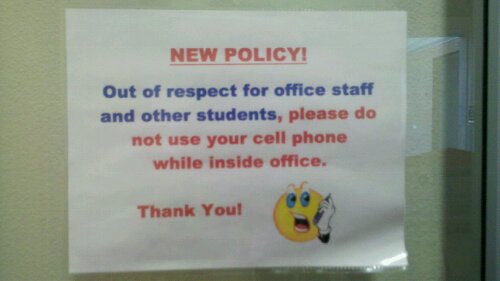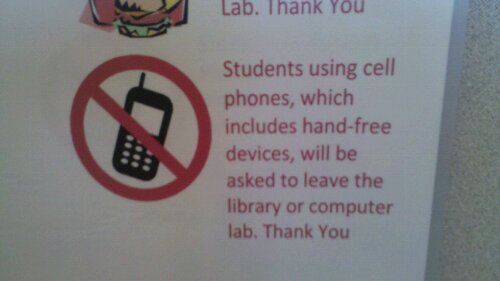New options for comment, discussion, critique, etc. Continuing on some of the themes from last year’s report, particularly with regard to mobile, key trends are:
- The abundance of resources and relationships made easily accessible via the Internet is increasingly challenging us to revisit our roles as educators in sense-making, coaching, and credentialing.
- People expect to be able to work, learn, and study whenever and wherever they want.
- The world of work is increasingly collaborative, giving rise to reflection about the way student projects are structured.
- The technologies we use are increasingly cloud-based, and our notions of IT support are decentralized.
Discuss. 🙂


